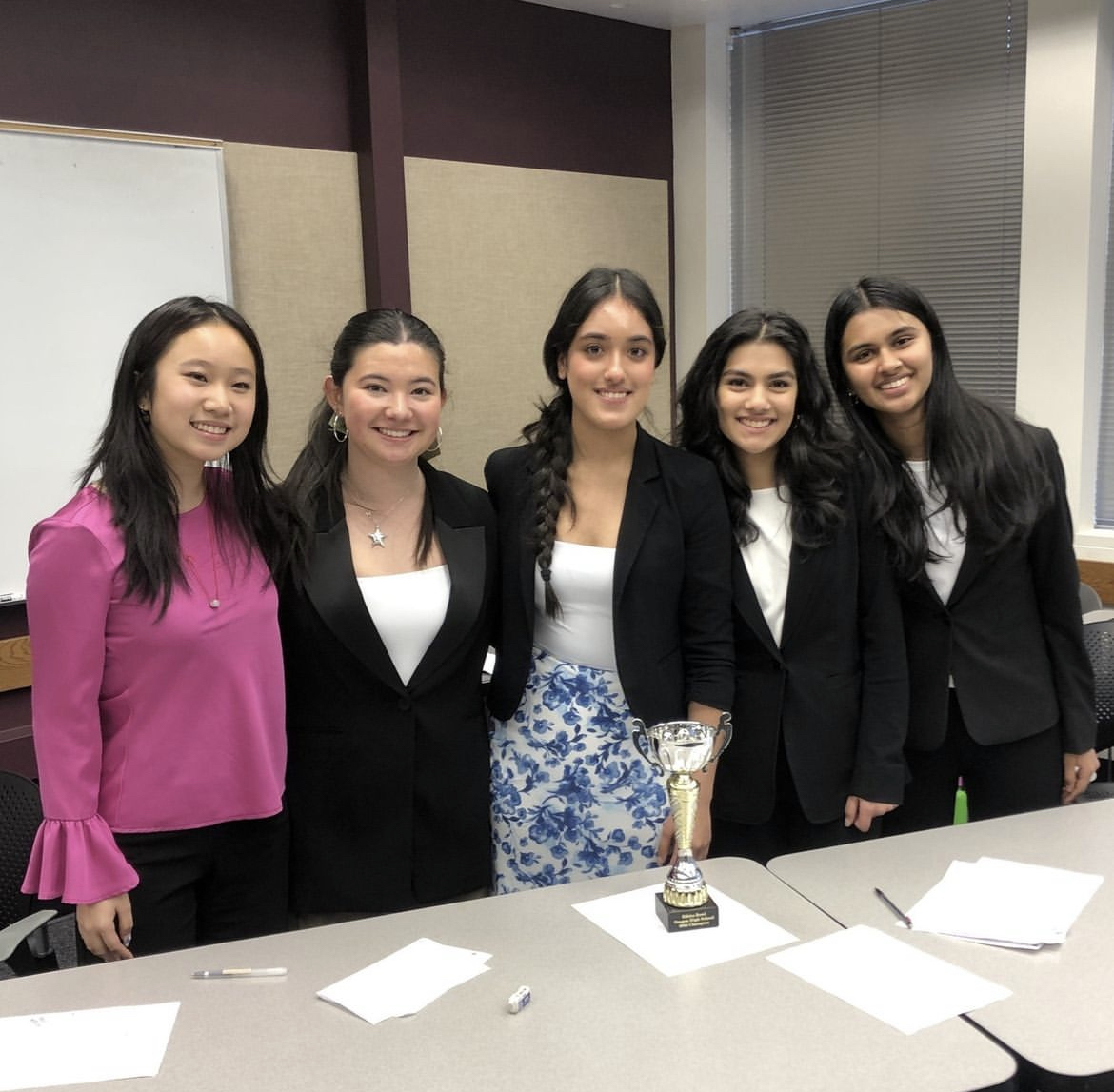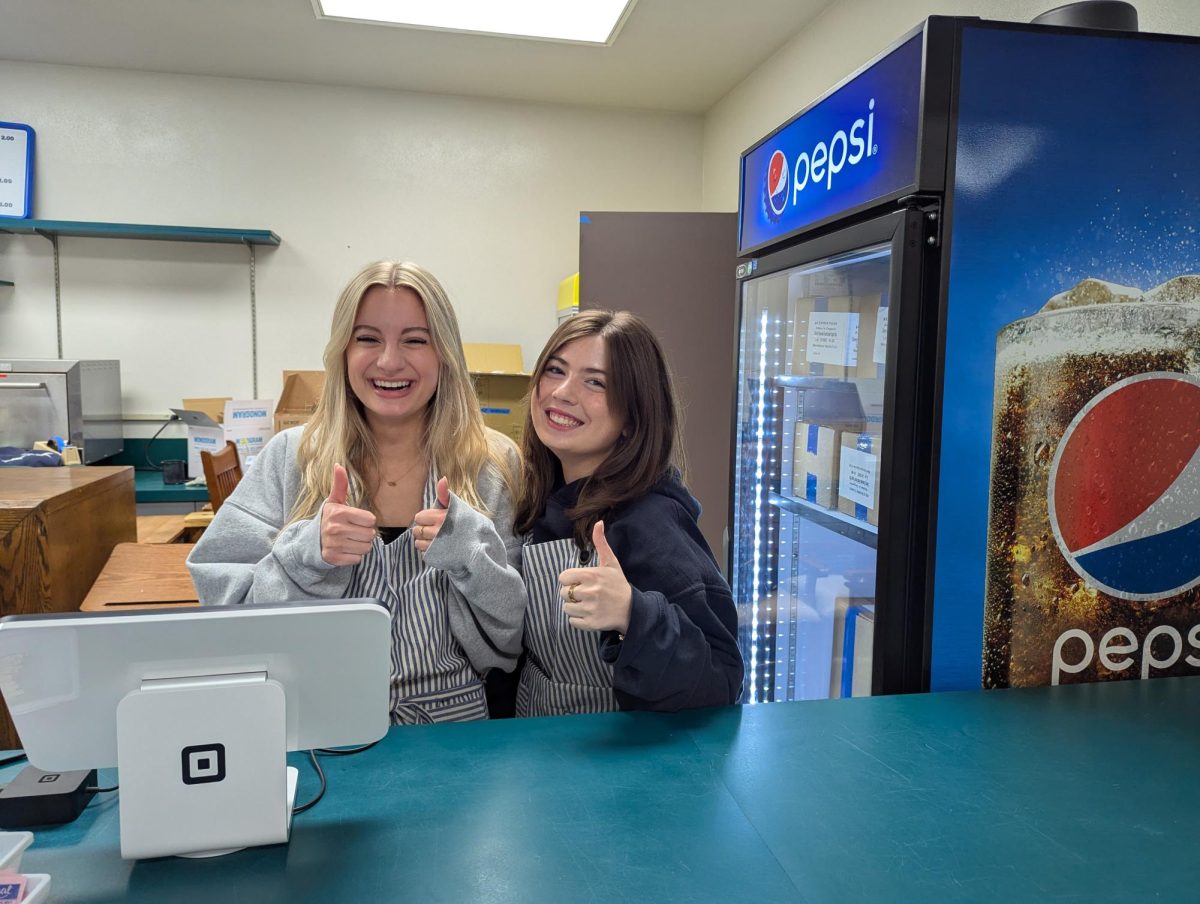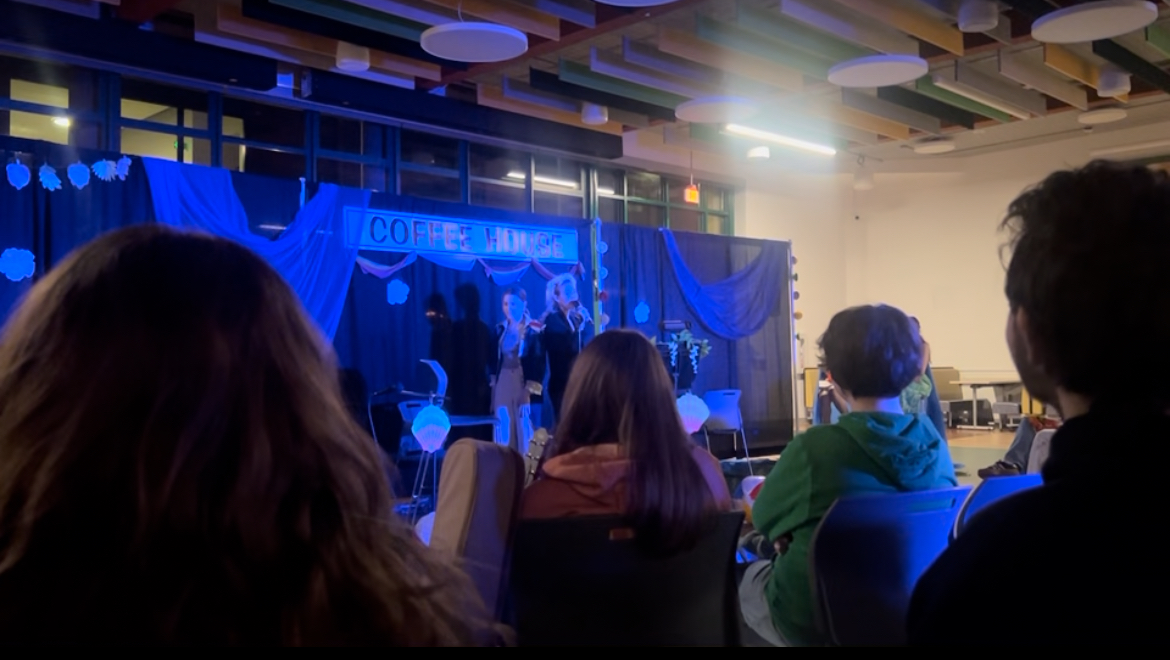From April 12th to 14th, a group of 5 students traveled to the University of North Carolina to represent Jesuit at the 11th annual National High School Ethics Bowl Championship, marking their first appearance in four years after winning the state and regional competition.
Essentially, Ethics Bowl is a debate tournament that matches two teams consisting of 3-5 individuals, to go head-to-head and engage in discussion.
“Teams work together to discuss various ethical or philosophical cases. There’s no right or wrong answer, and teams may focus on different approaches like technical analysis or considerations of the greater good. Our team, for example, emphasizes care ethics and considerations for the common good. Cases range from hypothetical scenarios like the morality of eating intelligent cows to real-world dilemmas like the ethics of ghosting,” said senior Riya Girish.
Each match consists of three parts: a five-minute presentation, a two-minute summary, and a six-minute argument. Then, the opposing team has three minutes to ask questions, followed by a three-minute response from the first team. A panel of three judges also pose questions, covering a wide range of ethical issues.
“So there’s a regional case that is normally released sometime in September, and this is where folks across the nation use this as sort of part of their state championship competition. Then the winner of state will go to Nationals, and then a new set of around fifteen case sets are released for nationals” said club moderator and mentor Dr. Price.
In preparation, the club meets weekly to run practice matches and learn from each other’s arguments. Teams also meet outside of school a couple of times a week to go over cases, help each other research, and understand individual strengths.
“But for the most part of preparation, it’s really just talking through each case. And for our team, we usually divide up the case sets so that one person researches around three cases, and then that person shares their knowledge with the rest of the group” said junior Annie Duan.
“During the first day of the state championship, we had three rounds, and on the second day, we had two rounds. We placed first overall because we won the most points. Then, we won all our rounds at regionals, leading us to compete against Washington’s team. After winning regionals, we earned the opportunity to go to Nationals as the only team from our region, representing the Washington-Oregon region,” said Girish.
After winning state and regionals, the team encountered an entirely new set of cases, and underwent even more extensive preparation, where they then encountered some of the top teams in the nation at nationals.
“It was really special to be able to represent Jesuit because it’s just such a popular thing in Oregon at many schools. It was really cool as we went against some really, really good teams with really great ideas. We found that like a lot of teens echoed our own ideas about cases, which was interesting” said Girish.
Returning home after attending nationals, the team was able to gain valuable takeaways while their team bonds and development of additional skills were strengthened.
“Well, Ethics Bowl taught all of us not only skills of public speaking and learning to kind of think on the spot, but also, how to be a more informed person. If you focus only on the competition, it seems you have six minutes of time to do a presentation. But to me it’s more about talking about things that people tend to overlook, like our tipping system or like animal rights,” said Girish. “We think we have an opinion and then you start to really wonder, what is the solution to problems that seem like they have no solution?”
“There’s such a breadth of things that you learn. You learn to think about how society is structured and the way it affects different populations. Then presenting your case in front of judges teaches mental toughness and other skills that may not directly relate to ethics and morals. Also, core values like civility, discussion, and debate, are huge things that you learn in addition to critical thinking,” said Price.
“Ethics bowl allows you to talk to really great people, and it’s very interesting when you start to find better solutions than the ones we have. People also open up when challenging their own views, and they’re more willing to take on different lenses. Even if you had a very singular idea or view of something, ethics bowl forces you to challenge your own ideologies and preconceptions,” said Girish.










